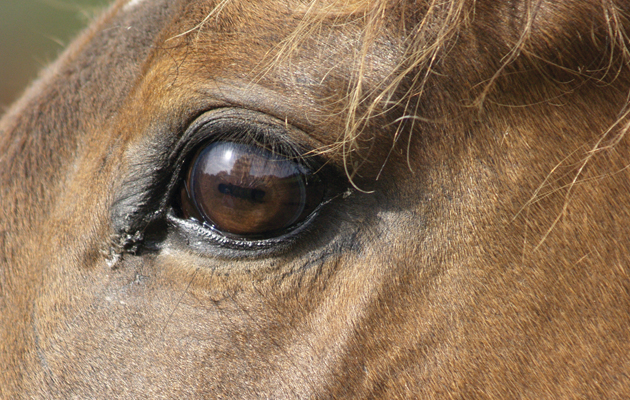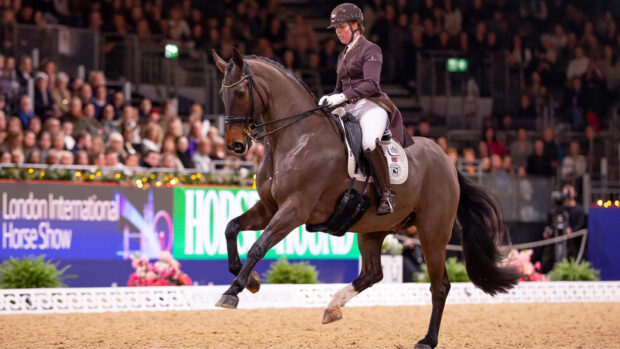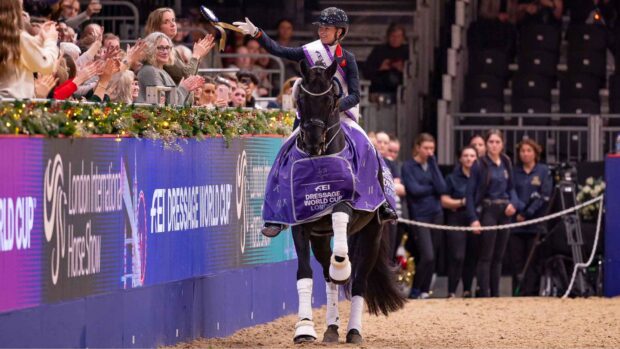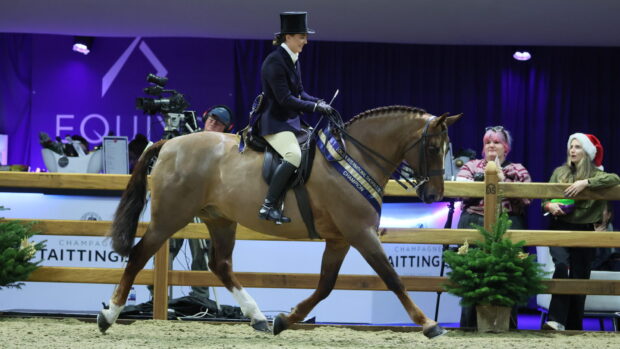Horses are able to use different senses to distinguish human emotion – and recognise when facial expressions do not match a person’s tone of voice, a study has indicated.
Researchers from universities in Tokyo showed horses pictures of people with either happy or angry expressions, and then played them recordings of either gentle or scolding human voices.
They found that the animals looked in the direction of the speaker for “significantly longer” when the emotion in the tone of voice did not match that shown in the picture than when it did.
The study involved 19 horses and ran from August to December 2016. All horses knew their “caretakers” and interacted with them every day, and pictures of expressions and voice recordings were collected from strangers as well as the caretakers.
“Our results suggested that horses associate the emotional value of human facial expressions with the emotional value of human voices,” the researchers’ report reads.
“These interpretations are plausible because horses cross-modally recognise familiar conspecifics [members of the same species] and humans, and the cross-modal perceptions of horses are thought to be flexible as our results suggested that they were able to do this even with strangers.”
The report concluded: “In this study, we reported the first evidence of the cross-modal perception of human emotion involving visual and auditory signals in horses, and our results suggested that the ability was generalised, even toward unfamiliar people.
“In addition, these results indicate that interactions involving emotional information, such as facial or voice expression, have played important roles in the social signals of horses throughout the history of their cooperative relationship with humans.
“Future studies should examine whether this cross-modal perception of emotion in horses is innate or learned to understand the effects of genetics and environment on the development of this ability.”
Continues below…

Are you angry or happy? Horses can tell by your facial expressions
Horse can tell a human’s emotions by our facial expressions, according to new research

Horses can read and remember human emotions, scientists find
The horses changed behaviour according to the humans’ expressions

Are horse and human faces more similar than we think?
A study has found horses and humans share similar facial expressions. It is hoped that further findings will be useful
A previous study carried out by the researchers from the universities of Portsmouth and Southampton indicated that horses can read human emotions, remember them, and change their behaviour accordingly.
The equines studied identified specific individuals’ expressions from photographs, and recalled them when they met the people in person.
For all the latest news analysis, competition reports, interviews, features and much more, don’t miss Horse & Hound magazine, on sale every Thursday.




